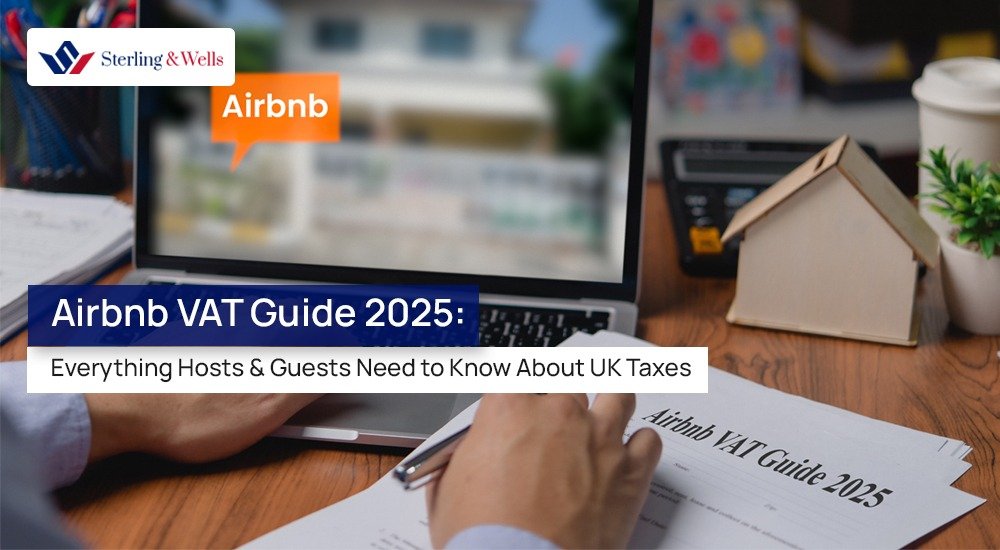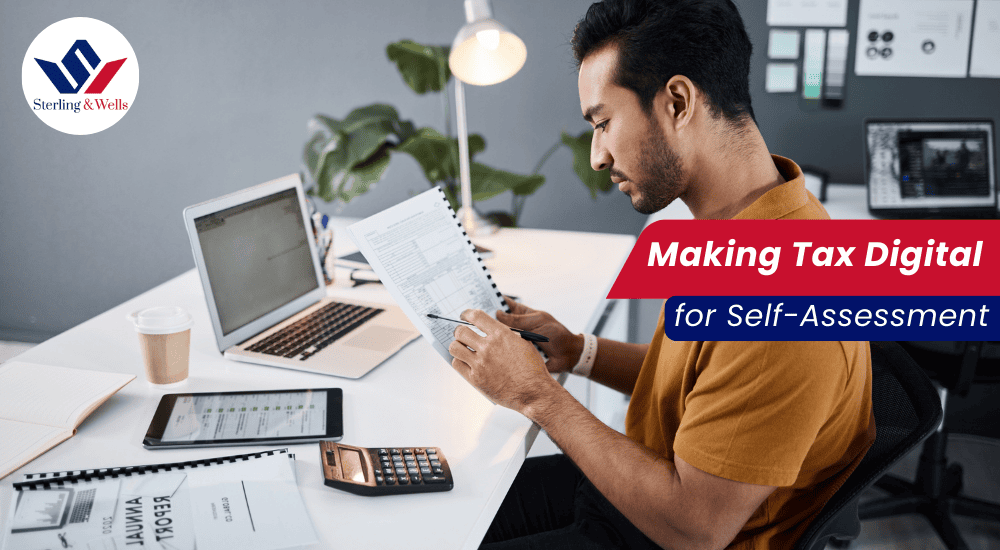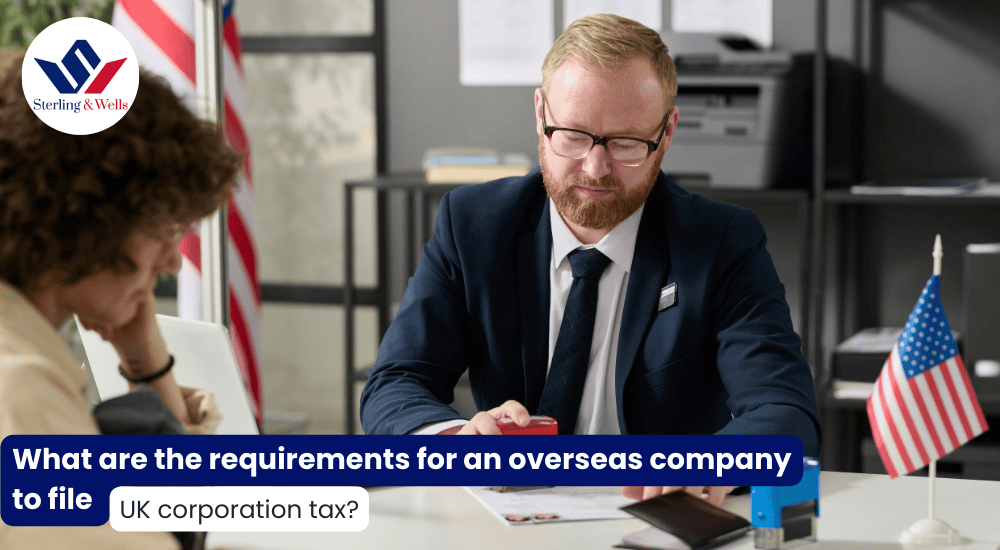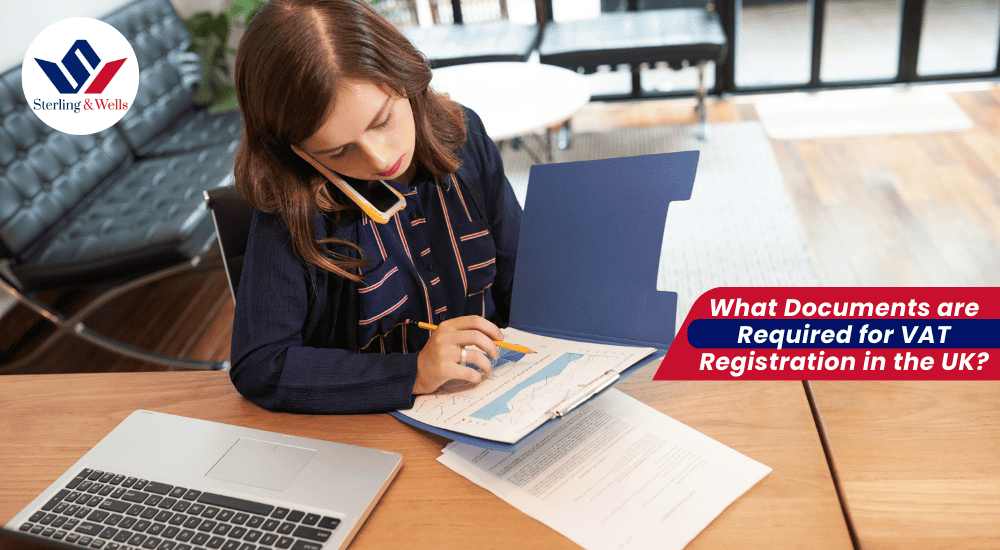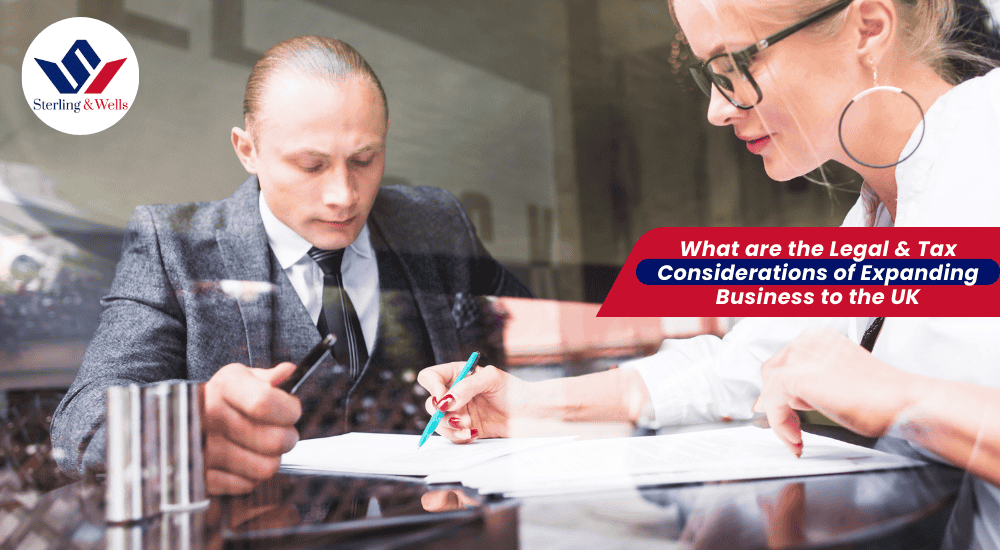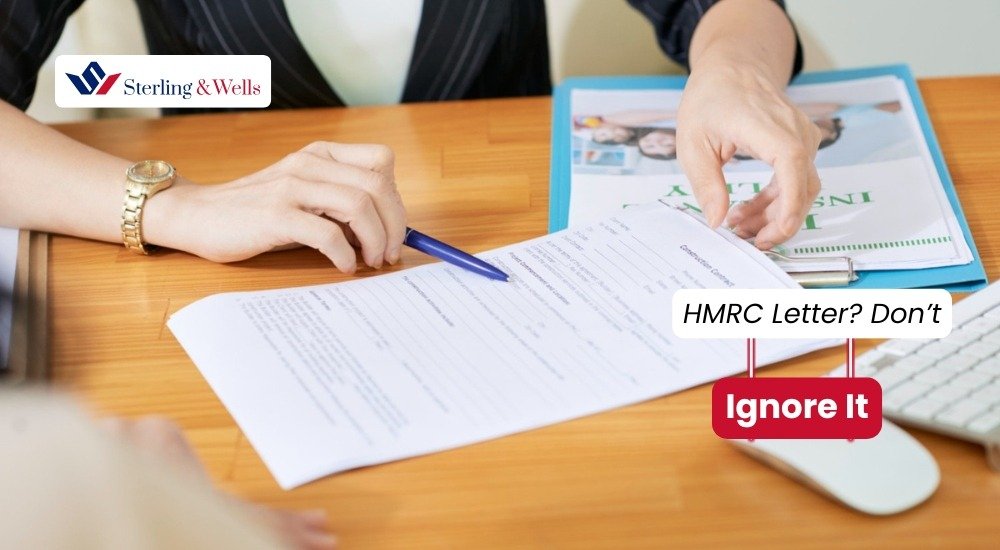Whether you’re an Airbnb host welcoming guests into your Manchester home or a traveler booking a cozy stay in London, Value Added Tax (VAT) is an essential part of the financial picture. As the sharing economy matures and regulations tighten, understanding Airbnb VAT rules is not just smart business, it’s crucial for staying compliant and maximizing your profits.
This guide seeks to answer all your pressing questions about Airbnb VAT in the UK. We’ll cover how VAT affects hosts and guests, the latest tax thresholds, registration requirements, what counts as “taxable turnover,” the quirks of cross-border bookings, common pitfalls and expert tips to get ahead.
What is VAT & Why Does It Matter for Airbnb?
VAT, or Value Added Tax, is a consumption tax applied to most goods and services in the UK. For businesses (both large and small) VAT can mean both collecting tax on sales and reclaiming VAT paid on business expenses.
When it comes to Airbnb VAT, the “business” could be a professional landlord with dozens of properties or an individual renting out a single flat for pocket money. What really matters is whether you cross specific earnings thresholds and how you participate in the platform. If you do, you may be legally required to:
- Register for VAT with HMRC
- Charge VAT on your Airbnb bookings
- File regular VAT returns
- Handle VAT on Airbnb’s service fees, cleaning and other extras
VAT compliance is vital because failing to register or report correctly can lead to fines and other penalties.
Who Has to Worry About Airbnb VAT
Airbnb Hosts
The central question for hosts when it comes to Airbnb VAT is, “Are you running your rental as a business?”
HMRC considers you to be “in business” for VAT if your taxable turnover meets or exceeds £90,000 in any rolling 12-month period. This threshold rose in April 2024 and remains in effect for 2025, so if you read older guides mentioning £85,000, update your knowledge!
If you’re below £90,000 in turnover, VAT registration is generally voluntary (although it can have its benefits). But once you hit that threshold, you must:
- Register for VAT with HMRC
- Start charging VAT on eligible rents and services
Importantly, taxable turnover includes total rent and most extras like cleaning, breakfast or guided tours but excludes genuine deposits and damage charges.
What’s included in Airbnb VAT calculations?
- Accommodation fees paid by guests
- Cleaning fees, linen charges
- Optional extras like breakfast or guided tours, if offered as part of your business
- Service or administration fees
What’s excluded?
- Refundable security deposits
- Charges for actual damage reimbursement
Airbnb Guests
What does VAT mean for you if you’re a person booking a stay as a guest? When booking with most UK-based property listings and hosts registered for VAT, the price you see should already include any VAT due. But Airbnb VAT visibility can vary, especially if a host is not registered or bookings are cross-border.
Look out for:
- VAT included in the nightly rate or shown as a line item in the breakdown
- Airbnb’s own service fees, which will usually have VAT added (Airbnb itself is VAT-registered in the UK)
- Higher costs in some cases due to VAT, meaning it pays to hunt for non-VAT-registered hosts if you’re bargain hunting
VAT Mistakes Could Cost You Your Airbnb Income
Without proper VAT compliance, your earnings may be withheld, and penalties can stack up fast. Protect your business today.
Airbnb VAT Registration: The Whens & the Hows
If you’re an Airbnb host reaching the £90,000 threshold, VAT registration is mandatory for you. Here’s what to do:
- Step 1: Track your turnover carefully. Remember, the threshold is rolling which means that if you exceeded £90,000 at any point in the last 12 months, you must register.
- Step 2: Register for VAT. You’ll need basic details about your business, taxable turnover and identity.
- Step 3: Start accounting for VAT from the official registration date. You must charge VAT on qualifying bookings.
- Step 4: Issue VAT invoices to guests upon request and keep records of all Airbnb transactions, expenses and VAT paid/charged.
- Step 5: Submit quarterly VAT returns and pay any VAT due to HMRC.
Being proactive about VAT registration as Airbnb hosts avoids fines, compliance headaches and interest charges. If you’re unsure whether you’re close to the threshold, consult a qualified accountant like Sterling & Wells.
Which Airbnb Earnings Are Subject to VAT?
Airbnb VAT applies to most income received for short-term lets, whether you’re an individual, a partnership or a company. But here’s how it gets interesting:
Flat/Apartment Rentals
If your property is advertised for short-term lets and you’re over the threshold, you need to charge VAT.
Long-Term Lets (Over 28 Days)
For stays over 28 days, accommodation may be exempt from VAT unless you provide hotel-style services (breakfast, housekeeping, etc.) at an extra cost. Carefully separate these earnings in your records to avoid overpaying VAT.
Extras & Add-ons
Services like cleaning, food or tours offered as part of your Airbnb business should be included in your VAT calculations.
Airbnb Service Fees
Remember: Airbnb charges its own booking/service fees to hosts, and those fees include VAT. Hosts can reclaim this input VAT if VAT-registered.
Airbnb VAT & Mixed Use
What if you sometimes let out a single room, sometimes the entire house or have separate properties? For Airbnb VAT, HMRC looks at your total business turnover, not on a per-listing basis. So, combine all your relevant Airbnb revenues to see if you breach £90,000.
If you have mixed-use properties (part of the time for short lets, part for family or long-term rental), only short-term commercial revenues count towards Airbnb VAT for registration and calculation.
What About VAT on Airbnb Service Fees?
Both hosts and guests pay Airbnb fees as part of the booking process. As of 2025, Airbnb is VAT-registered in the UK, so:
- Hosts get charged 20% VAT on Airbnb’s service fees
- If you’re VAT-registered, you can reclaim this input VAT on your quarterly returns
Guests also pay VAT on Airbnb’s own fees. It’s automatically included and itemized in the booking breakdown.
VAT for Non-UK Hosts & Cross-border Airbnb
Running listings in the UK from another country? Non-UK hosts have to follow UK tax rules if both these conditions are met:
- The property is located in the UK
- The host’s total taxable UK turnover exceeds £90,000
EU and international hosts may have special rules for VAT registration, VAT number declaration on Airbnb and taxes applicable in their home country. Always check both HMRC and your local tax authority for double taxation agreements and VAT nuances.
For UK guests booking abroad, VAT may or may not be included based on the destination’s own rules.
Airbnb VAT Exemptions: Is Anyone Excluded?
Some Airbnb hosts may be exempt from VAT:
- Below the VAT Threshold – Hosts earning less than £90,000 per year from taxable supplies don’t have to register or charge VAT (although voluntary registration is sometimes beneficial).
- Certain Long-Term Lets – Properties rented for more than 28 days at a time, without hotel-type services, may be VAT-exempt.
- ‘Occasional’ Hosts – If you only let out rooms or a house sporadically, and HMRC considers you a private individual rather than a ‘business,’ you might not need to register for Airbnb VAT.
But never assume you’re exempt. Review your situation regularly and consult an accountant like Sterling & Wells to confirm.
Guest Perspective: Do I Pay Airbnb VAT?
For guests, VAT usually isn’t something you need to actively worry about, provided it’s being handled correctly by the host or Airbnb platform. But there are some key points guests should have a look at:
- If your host is VAT-registered, the price should include any VAT due. You can request a VAT invoice if needed
- Airbnb’s service fee always includes VAT
- VAT generally cannot be reclaimed by ordinary guests unless you’re booking for business purposes and your company is VAT-registered
- Cross-border bookings can have different VAT treatments. Double-check before making international reservations
Pitfalls & Problems with Airbnb VAT
Not Registering When Required
If you exceed the VAT threshold but fail to register, you could face interest charges and substantial HMRC fines.
Incorrectly Classifying Income
Don’t exclude cleaning, breakfast or other extras from your Airbnb VAT calculation if they’re part of your business operations.
Forgetting to Add VAT to Listings
If VAT applies, hosts are legally obliged to make it clear in pricing. Failing to do so could mean undercharging guests and owing back taxes.
Not Realizing Airbnb Service Fees Include VAT
Some hosts overlook input VAT on Airbnb’s service fees and miss out on reclaiming business costs.
Overlooking International Implications
If you host UK properties from abroad, especially within the EU, pay close attention to how Airbnb VAT interacts with other local taxes and reporting requirements.
Maximizing Deductions & VAT Recovery
If you’re VAT-registered, make use of input VAT recovery in the following ways:
- Claim back VAT paid on Airbnb’s service fees
- Reclaim VAT on business expenses like cleaning, supplies, furnishings, marketing, repairs etc
- Keep all valid VAT invoices and receipts for proof
- Use digital accounting software to automate tracking and submissions
Strong record-keeping is essential for smooth Airbnb VAT compliance and to defend deductions in an HMRC audit.
Voluntary Airbnb VAT Registration: Should You Do It?
If you earn below the £90,000 threshold, you can voluntarily register for VAT. But does doing so make sense? Here are the advantages and disadvantages:
Pros:
- Ability to reclaim input VAT on Airbnb and business expenses
- Professional image for business guests
- Preparation for future growth if turnover is close to the threshold
Cons:
- You’ll need to charge VAT to guests, which may raise prices
- This can discourage bookings with price-sensitive travelers
- Extra admin work like quarterly VAT returns, detailed record-keeping etc
Evaluate your business plan, guest profile and expenses before choosing voluntary registration. An accountant’s advice is invaluable.
Making Tax Digital (MTD) and Airbnb VAT
As of 2025, all VAT-registered hosts must comply with Making Tax Digital. That means:
- Use MTD-compliant software for bookkeeping
- Keep digital records of all Airbnb transactions and expenses
- Submit VAT returns electronically with compatible platforms
Failure to comply can result in penalties, even if you file your VAT manually or on paper.
Smart Tips for Airbnb Hosts: Navigating VAT Like a Pro
- Check Turnover Regularly – Don’t wait for HMRC to knock. Track your Airbnb income monthly.
- Automate Bookkeeping – Use hospitality-focused software to link your Airbnb account and records automatically. Avoid spreadsheet chaos!
- Update Your Listing Descriptions – Make sure all VAT-inclusive prices are clearly displayed.
- Document VAT on All Business Purchases, Repairs & Service Fees
- Get Professional Help – A good accountant, like Sterling & Wells, will save more in VAT than their fees cost!
- Prepare for Audits – HMRC can request records going back six years, organize your paperwork now.
Don’t forget to review your settings within Airbnb itself. Ensure any changes to your VAT status are reflected in your host account, and update payment details so VAT invoices and bills don’t get missed.
Airbnb VAT for Guests: Getting the Best Deal
While VAT can sometimes push up the cost of your stay, understanding how Airbnb VAT works may help you find bargains. If a host isn’t VAT-registered because they earn below the threshold, those savings might be passed onto you, but always check the listing for clarity.
Traveling for business? Let your company know whether you need a VAT invoice. If it’s a personal trip, you usually don’t need to worry beyond the final price.
Booking from outside the UK? Factor in currency conversion and check for other local taxes (like city fees) on top of Airbnb VAT.
Conclusion
The world of Airbnb VAT in the UK is more transparent and regulated than ever. For hosts, understanding when you need to register, what you must charge and how to reclaim expenses is non-negotiable. For guests, it’s worth knowing whether your host is VAT-registered and how that affects the price.
By treating Airbnb VAT compliance seriously, hosts avoid stressful audits and build trust with travelers. Guests benefit from clear pricing and can book with confidence. Technology makes things easier—use digital bookkeeping tools, stay on top of deadlines, and keep your records organized.
2025 might bring more tweaks to UK tax law, so keep an eye on HMRC and Airbnb announcements. When in doubt, talk to an accountant.
FAQ
Do all hosts have to register for VAT?
No. Only if total taxable turnover exceeds £90,000 in a rolling 12-month period.
What is the current VAT rate for Airbnb hosts?
20% for short-term accommodation, including most hospitality listings.
When does Airbnb VAT apply for guests?
VAT is included in all Airbnb service fees and in host pricing for VAT-registered hosts. Non-registered hosts aren’t required to charge VAT.
Can I claim VAT back if I’m a guest?
Usually only for legitimate business accommodation, if your company is VAT-registered.
What if I don’t register for VAT when required?
HMRC can backdate VAT bills and issue fines and interest.
What about VAT if I host with Airbnb from outside the UK?
If the property is in the UK and you earn more than £90,000, UK VAT rules apply.
Do I pay VAT on Airbnb cleaning or extras?
Yes, if the host is VAT-registered. All charges for services as part of the booking are VATable.
